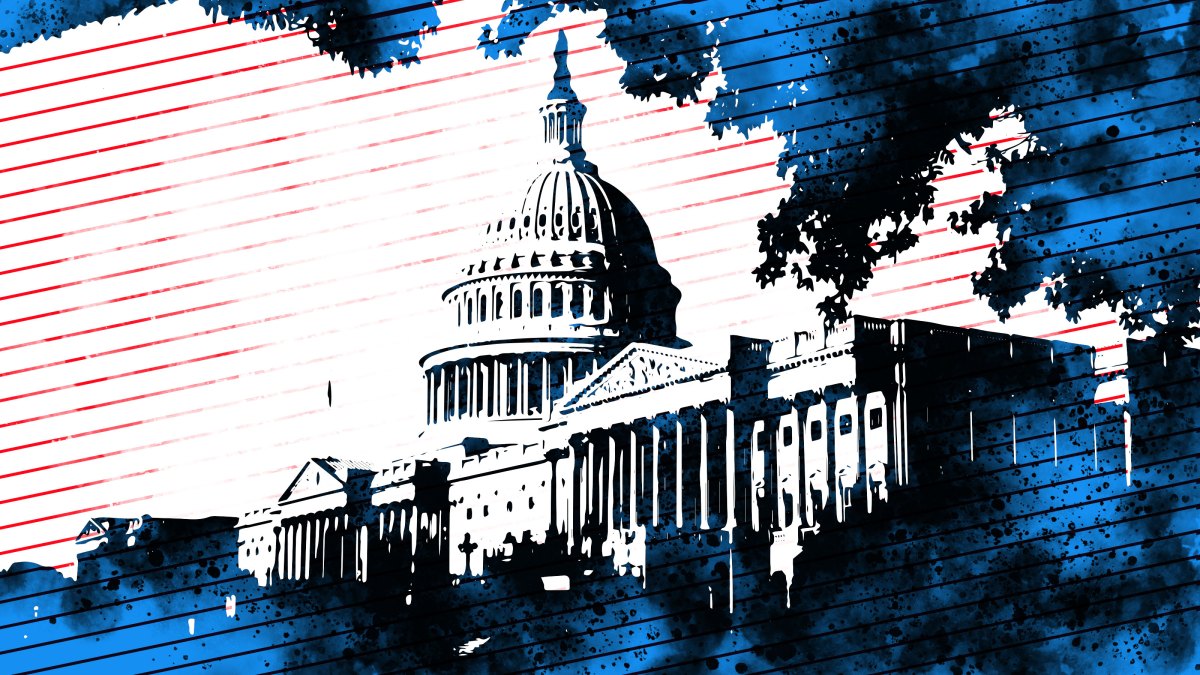A bipartisan bill designed to protect children from online sexual exploitation is headed to President Biden’s desk. Proposed by Senators Jon Ossoff (D-GA) and Marsha Blackburn (R-SC), the bill aims to strengthen the National Center for Missing and Exploited Children’s (NCMEC) CyberTipline. When an online service provider detects child sexual abuse material (CSAM), the platform […]
© 2024 TechCrunch. All rights reserved. For personal use only.
A bipartisan bill designed to protect children from online sexual exploitation is headed to President Biden’s desk.
Proposed by Senators Jon Ossoff (D-GA) and Marsha Blackburn (R-SC), the bill aims to strengthen the National Center for Missing and Exploited Children’s (NCMEC) CyberTipline. When an online service provider detects child sexual abuse material (CSAM), the platform is legally required to report it to the CyberTipline. Then, NCMEC works with law enforcement to investigate the crime.
The problem is that NCMEC is understaffed and running on outdated tech. According to a report from The Wall Street Journal and the Stanford Internet Observatory, platforms mail CDs and thumb drives containing CSAM to NCMEC, where it’s manually uploaded into the nonprofit’s database. And as AI-generated CSAM becomes increasingly prevalent, the deluge of reports will only make it more difficult for NCMEC to investigate urgent threats of child sexual exploitation in a timely manner. Currently, per Stanford’s research, only 5% to 8% of reports lead to arrests, due to funding shortages, inefficient technology and other constraints. That’s especially staggering considering that the CyberTipline received more than 36 million reports last year — when the tipline was created in 1998, it handled 4,450 reports.
“NCMEC faces resource constraints and lower salaries, leading to difficulties in retaining personnel who are often poached by industry trust and safety teams,” Stanford’s report reads. “While there has been progress in report deconfliction — identifying connections between reports, such as identical offenders — the pace of improvement has been considered slow.”
This bill won’t solve all of these issues, but it will allow providers to preserve the contents of reports for up to a year, rather than just 90 days — which gives law enforcement more time to investigate crimes. Instead of relying on decades-old storage methods, the bill also carves out a way for NCMEC to legally store data using commercial cloud computing services, which could make the process of assessing reports more efficient. Providers will also face steeper fines if they don’t report suspected violations to NCMEC — for platforms with over 100 million users, a first-time offense yields a fine of $850,000, up from $150,000. In addition to their requirement to report CSAM, platforms will also be obligated to report the enticement of children.
“At a time of such division in Congress, we are bringing Republicans and Democrats together to protect kids on the internet,” said Senator Ossoff in a statement.

Leave a Reply